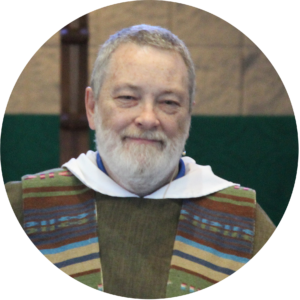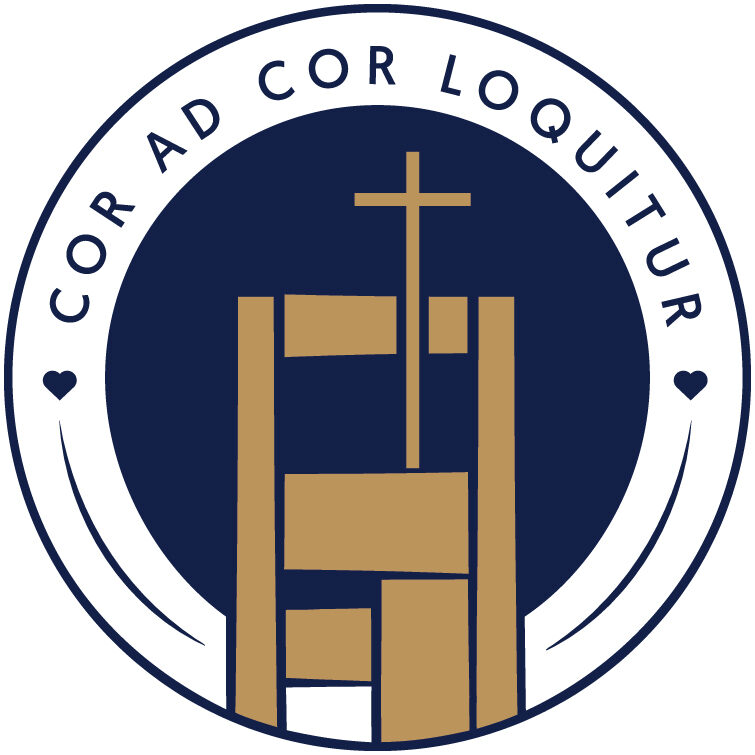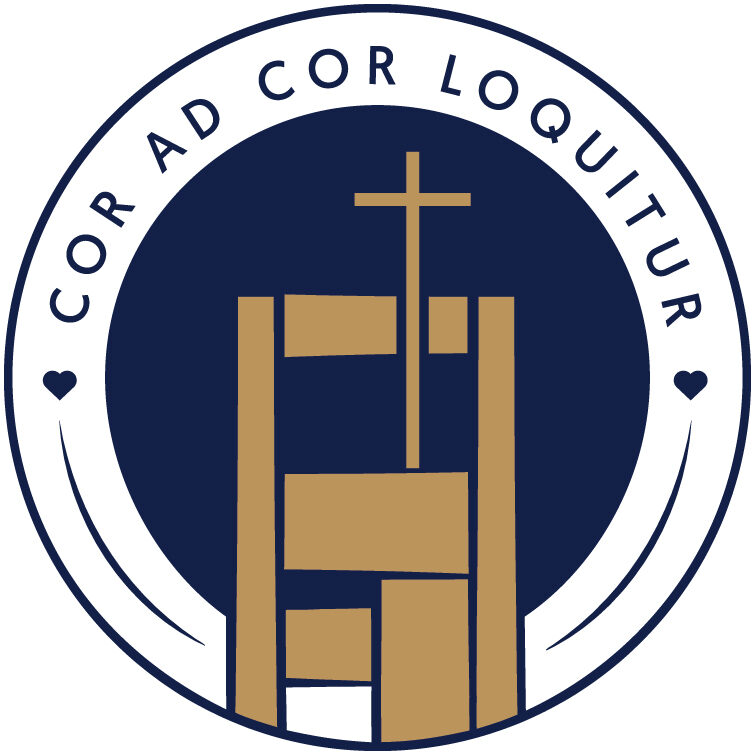 By Fr. Rich, O.P.
By Fr. Rich, O.P.
Let’s review. Jesus, following his baptism by John in the Jordan, was driven by the Spirit into the desert and tempted by the Master Tempter; a ringing indictment of that Tempter, “It is written: The Lord, your God, shall you worship and him alone shall you serve.” That’s the 1st Sunday of Lent. The forty days in the desert prepared Jesus for his encounter with Satan and for his public ministry. The forty days of Lent present us with the opportunity to strengthen our defenses, or, in some cases, create them. We are invited to more actively pursue prayer or study. We are invited to more deliberately set time aside to participate in ministries or Bible studies. We are invited to intentionally move away from those things that detract from our relationship with God: less time on the internet, more time on church; less time watching television, more time with family or friends in prayer. Did we take advantage of this time to prepare ourselves to face down the Tempter, for our ministry?
In the course of his public ministry, “Jesus took Peter, James, and John his brother, and led them up a high mountain by themselves. And he was transfigured before them; his face shone like the sun and his clothes became white as light.” We share a glimpse of the Son of God in his true glory; a glimpse of the Messiah. Even of more significance is that Moses and Elijah appeared to them, conversing with him. Jesus Christ stands amid the Law and the Prophets, fulfilling both. And that is the 2nd Sunday in Lent. This event was transformative for the disciples that witnessed it; I would offer to you that this event might have transformed us, too. It can move us from our complacency, to a place of engagement with our faith and with our community.
With the 3rd Sunday, we have the encounter of Jesus and the woman at the well. It is likely the longest conversation Christ has with a single individual recorded by Scripture. It describes a moment of true catharsis, a moment of rebirth for this woman. Her personal encounter with Jesus begins with her referring to the law and customs that kept Samaritans and Jews from interactions of any kind. Jesus, as usual, offers grace and love that supersedes the Law and custom. The question becomes, for us: are we too locked into laws and customs, points of view, the we’ve always done it that way disease? If we are, are we prevented from truly encountering Christ in ways that might challenge us? Are we open to a cathartic relationship with the Rabbi who reaches across barriers with love and compassion?
We come to the story of the man born blind on the 4th Sunday of Lent. This complex story offers yet another example of how the spirit of the Lord works in cultures and circumstances that are grounded in shortsightedness and prejudice. As the man who is healed works his way back and forth between Jesus and the Pharisees, he is guided by a growing understanding of who this Jesus is, the power that he possesses, and the new life that he offers.
Do we stand with the man newly sighted? Are we growing throughout this Lenten season to come to a deeper relationship with Christ? Do we stand in our brokenness, bruised often by our encounters with evil in the world? I invite you to recall what Henri Nouwen offered us: “We all are bruised reeds, whether our bruises are visible or not. The compassionate life is the life in which we believe that strength is hidden in weakness and that true community is a fellowship of the weak.” If we are going to strive to be a strong community of faith, we must come together in our weaknesses.
Here in the final Sunday of the Lenten season we find ourselves near Jesus as he stands at the tomb of his friend Lazarus. He is weeping, standing in his humanity, tears flowing for this death. And so we encounter this Christ, in his full humanity, once again teaching us, this is what faith looks like — weep in sadness, but stand in hope. And then, standing in the full divinity of his Sonship he calls across the divide and summons Lazarus.
Have we prepared ourselves with our Lenten involvement for this moment? Are we prepared to encounter Christ, divine and glorified? If we aren’t, time is racing. The glorious entrance, the sacred meal, the garden, Cross, the empty tomb: the time is upon us.

